Tony Blockley - Police Procedure and Evidence in the Criminal Justice System
Here you can read online Tony Blockley - Police Procedure and Evidence in the Criminal Justice System full text of the book (entire story) in english for free. Download pdf and epub, get meaning, cover and reviews about this ebook. City: St Albans, year: 2023, publisher: Critical Publishing, genre: Home and family. Description of the work, (preface) as well as reviews are available. Best literature library LitArk.com created for fans of good reading and offers a wide selection of genres:
Romance novel
Science fiction
Adventure
Detective
Science
History
Home and family
Prose
Art
Politics
Computer
Non-fiction
Religion
Business
Children
Humor
Choose a favorite category and find really read worthwhile books. Enjoy immersion in the world of imagination, feel the emotions of the characters or learn something new for yourself, make an fascinating discovery.

- Book:Police Procedure and Evidence in the Criminal Justice System
- Author:
- Publisher:Critical Publishing
- Genre:
- Year:2023
- City:St Albans
- Rating:3 / 5
- Favourites:Add to favourites
- Your mark:
Police Procedure and Evidence in the Criminal Justice System: summary, description and annotation
We offer to read an annotation, description, summary or preface (depends on what the author of the book "Police Procedure and Evidence in the Criminal Justice System" wrote himself). If you haven't found the necessary information about the book — write in the comments, we will try to find it.
Police procedure and evidence brought to life!
A key text for all those on policing degree or other pre-join routes, this book examines police procedure and evidence in the criminal justice system, providing clear and accessible information while encouraging analysis and reflection. Chapters cover police powers, stop and search, arrest and custody, disposals, court procedures and disclosure, and rehabilitation. Uniquely it follows the journey of a fictional family who all in one way or another become involved in the criminal justice system, allowing students to consider a range of possible options and outcomes and bringing the theory to life.
Tony Blockley: author's other books
Who wrote Police Procedure and Evidence in the Criminal Justice System? Find out the surname, the name of the author of the book and a list of all author's works by series.

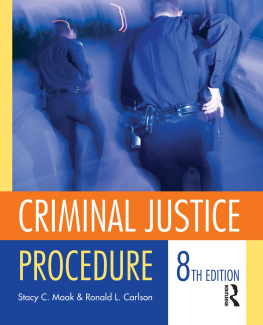
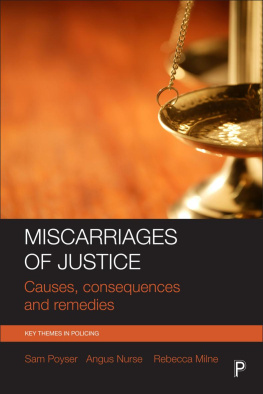
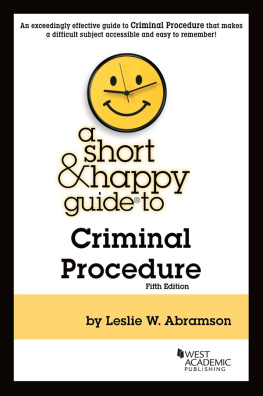
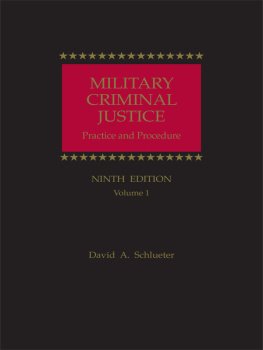
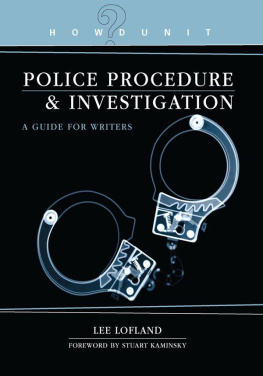








 recognise the Peelian principles;
recognise the Peelian principles;